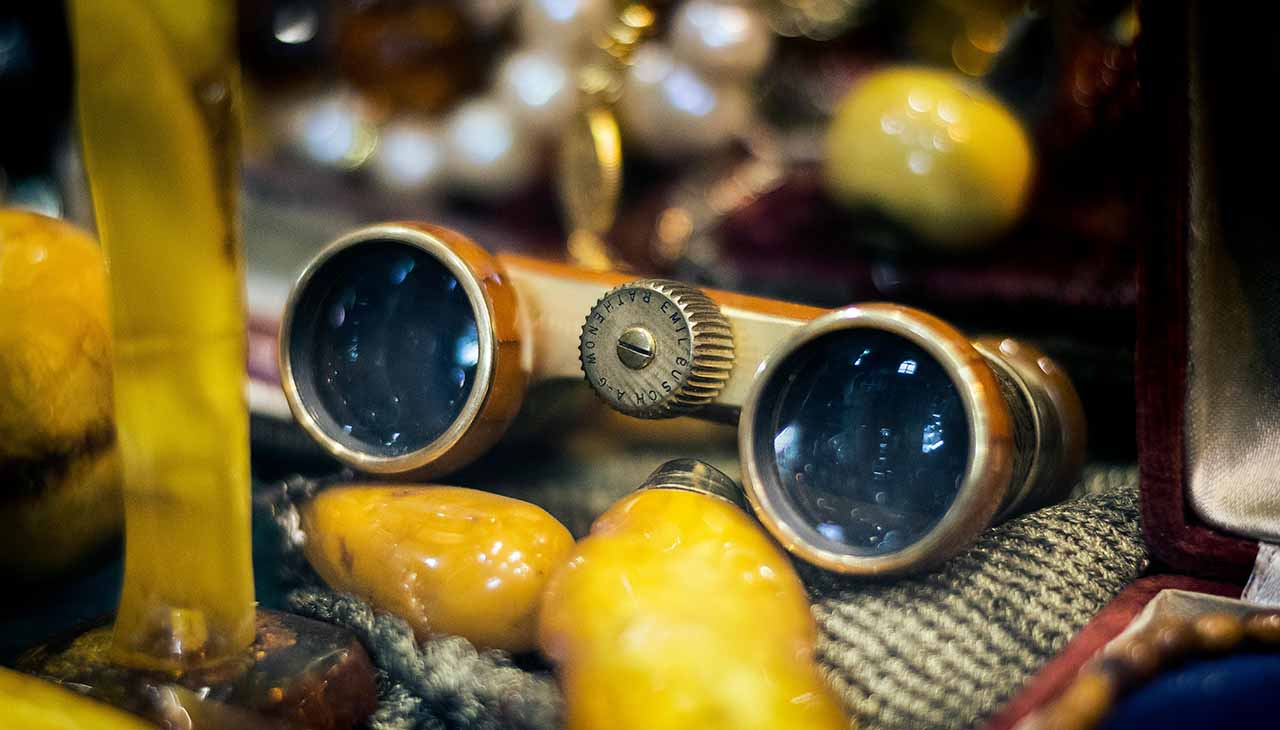In the heart of nature, where every rustle of leaves can signify a thrilling chase, having the right tools can make or break a hunting expedition. Binoculars, often overlooked, are the unsung heroes for hunters and wildlife photographers alike. In this guide, we’ll explore how this essential tool can elevate your outdoor adventures and lead to successful hunts. From understanding different types to mastering techniques, this post will equip you with everything you need to know about binoculars.
Why Binoculars Are a Hunter’s Best Companion
For hunters and wildlife photographers, seeing without being seen is crucial. Binoculars offer a significant advantage by allowing you to observe from a distance without disturbing your target. They provide clarity, magnification, and a broader view, which are indispensable for successful tracking and scouting.
Whether you’re a seasoned hunter or a budding wildlife photographer, the right binoculars can enhance your experience by bringing distant details into sharp focus. This guide will help you choose the perfect pair and teach you how to use them effectively.
Understanding Binoculars for the Outdoors
Binoculars come in various shapes and sizes, each designed for specific uses. Understanding the different types and their features is the first step in selecting the right pair for your needs.
Types of Binoculars
- Compact Binoculars: Lightweight and easy to carry, these are ideal for casual wildlife observation and short trips.
- Full-Size Binoculars: Offering better image quality and light-gathering capabilities, these are perfect for serious hunters and photographers.
- Zoom Binoculars: These allow you to adjust the magnification, providing flexibility in various viewing conditions.
Key Features to Consider
- Magnification and Objective Lens Diameter: Represented as 10×42, where 10 is the magnification power and 42mm is the diameter of the objective lens. Higher magnification provides more detail but can be harder to steady.
- Field of View: The width of the area visible through the binoculars. A wider field of view is beneficial for tracking moving targets.
- Lens Coatings: Coated lenses improve image brightness and reduce glare. Look for fully multi-coated lenses for the best performance.
Choosing the right binoculars depends on your specific needs and the type of hunting or photography you plan to do. Next, we’ll cover how to use them effectively.
Mastering Binocular Techniques
Using binoculars might seem straightforward, but mastering the techniques can significantly enhance your observation skills and reduce strain.
Proper Adjustment and Focus
- Adjust the Interpupillary Distance: This is the distance between the eyepieces. Adjust it until you see a single, clear image.
- Focus the Diopter: Start by closing one eye and focusing with the central knob. Then, close the other eye and adjust the diopter ring for sharpness.
- Fine-Tuning: Use the central focus knob to fine-tune the image for both eyes together.
Reducing Eye Strain
Using binoculars for extended periods can cause eye strain. Here are some tips to mitigate it:
- Take Breaks: Regularly rest your eyes by looking at distant objects without binoculars.
- Blink Often: This keeps your eyes moist and reduces fatigue.
- Use Both Hands: For stability, hold the binoculars with both hands and brace your elbows against your body.
With practice, these techniques will become second nature, allowing you to observe wildlife effortlessly.
The Role of Binoculars in Hunting
Binoculars are more than just a tool for seeing far. They play a vital role in various stages of hunting, from scouting to tracking and ultimately making a successful shot.
Enhancing the Hunting Experience
- Scouting: Use binoculars to survey large areas and identify potential hunting spots without disturbing the wildlife.
- Tracking: Once you’ve spotted your target, binoculars help you track its movements and anticipate its path.
- Identification: Determine the species, size, and age of the game from a distance to make informed decisions.
Real-Life Success Stories
Consider John, an experienced hunter who credits his success to his trusty binoculars. On a recent expedition, he spotted a deer grazing at the edge of a forest. With his binoculars, he could observe its behavior and patiently track it, leading to a successful and ethical shot.
Stories like John’s highlight the indispensable role of binoculars in hunting. They not only increase your chances of a successful hunt but also enrich your overall experience in the wild.
Caring for Your Binoculars
To ensure your binoculars serve you well for years, proper care and maintenance are essential. Here’s how to keep them in top condition.
Cleaning Tips
- Use a Soft Cloth: Gently wipe the lenses with a microfiber cloth to remove dust and smudges.
- Avoid Liquid Cleaners: Use lens cleaning solutions sparingly to avoid damaging the coatings.
- Keep Them Dry: Moisture can damage the internal components. Store your binoculars in a dry place and use desiccants if necessary.
Regular Maintenance
- Check for Alignment: Ensure the lenses are aligned correctly to prevent double vision.
- Inspect the Body: Look for any cracks or loose parts and address them promptly.
- Store Properly: Keep your binoculars in a protective case when not in use to prevent damage.
Regularly maintaining your binoculars will ensure they remain a reliable tool for your outdoor adventures.
Bringing It All Together
Binoculars are more than just optical devices; they are gateways to a richer, more immersive experience in the wild. Whether you’re hunting, observing wildlife, or capturing moments through your camera, the right pair of binoculars can make all the difference.
From understanding the types and features to mastering usage techniques and maintenance, we’ve covered every aspect to help you make the most of your binoculars. By investing in quality binoculars and learning how to use them effectively, you’ll enhance your outdoor experiences and increase your chances of a successful hunt.
We encourage you to share your own experiences and tips for using binoculars in the comments. And if you need help choosing the perfect pair, explore our range of high-quality binoculars tailored for hunters and wildlife enthusiasts. Happy hunting!

